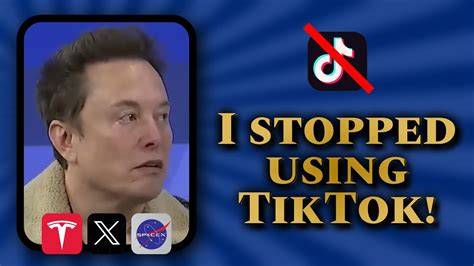Australia is set to become the first country to ban social media for children under 16 after its Senate approved the Online Safety Amendment (Social Media Minimum Age) Bill 2024. The legislation, passed by a 34-19 vote in the Senate and 102-13 in the House of Representatives, aims to protect young users from online harm, including bullying and exposure to inappropriate content. However, critics argue the law could socially isolate children.
Under the bill, tech platforms such as TikTok, Facebook, Instagram, and X (formerly Twitter) face fines of up to 50 million Australian dollars ($33 million) for failing to enforce the ban. Children will still be able to access messaging services, online gaming, and platforms offering educational or health resources, like YouTube.
Prime Minister Anthony Albanese has defended the legislation, saying, “Social media is doing social harm. We know some kids will find workarounds, but we're sending a message to social media companies to clean up their act.â€
The legislation has drawn criticism from tech giants and public figures. Elon Musk, owner of X, described the bill as a “backdoor way to control access to the Internet by all Australians.†Treasurer Jim Chalmers refuted this claim, emphasizing the focus is on protecting children, not restricting internet access. “Our job is not to please Elon Musk but to protect kids online,†Chalmers said.
Tech companies have raised legal and procedural concerns. In a submission to Parliament, X highlighted potential conflicts with international human rights treaties. Meta, owner of Facebook and Instagram, criticized the rushed process, arguing that existing safeguards already provide age-appropriate experiences.
Maria Kovacic, a Liberal Party senator, supported the move, saying, “This is a responsibility these companies should have been fulfilling long ago, but they have prioritized profit over safety.â€
Similar measures have been introduced elsewhere. France recently enacted a law requiring parental consent for social media use by children under 15. In the U.S., Utah passed a comparable law, but it was blocked by a federal judge for being unconstitutional.
Australia’s bold move could set a global precedent, despite ongoing debates about its practicality and potential consequences.



